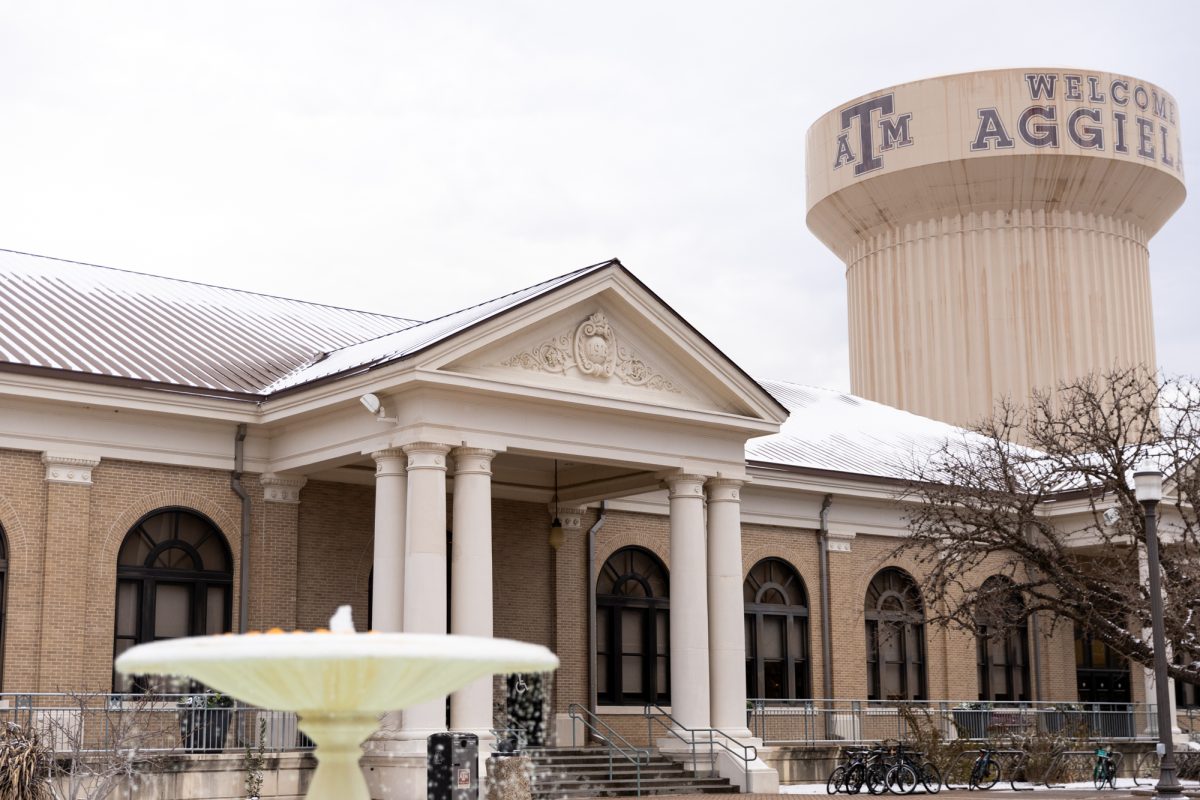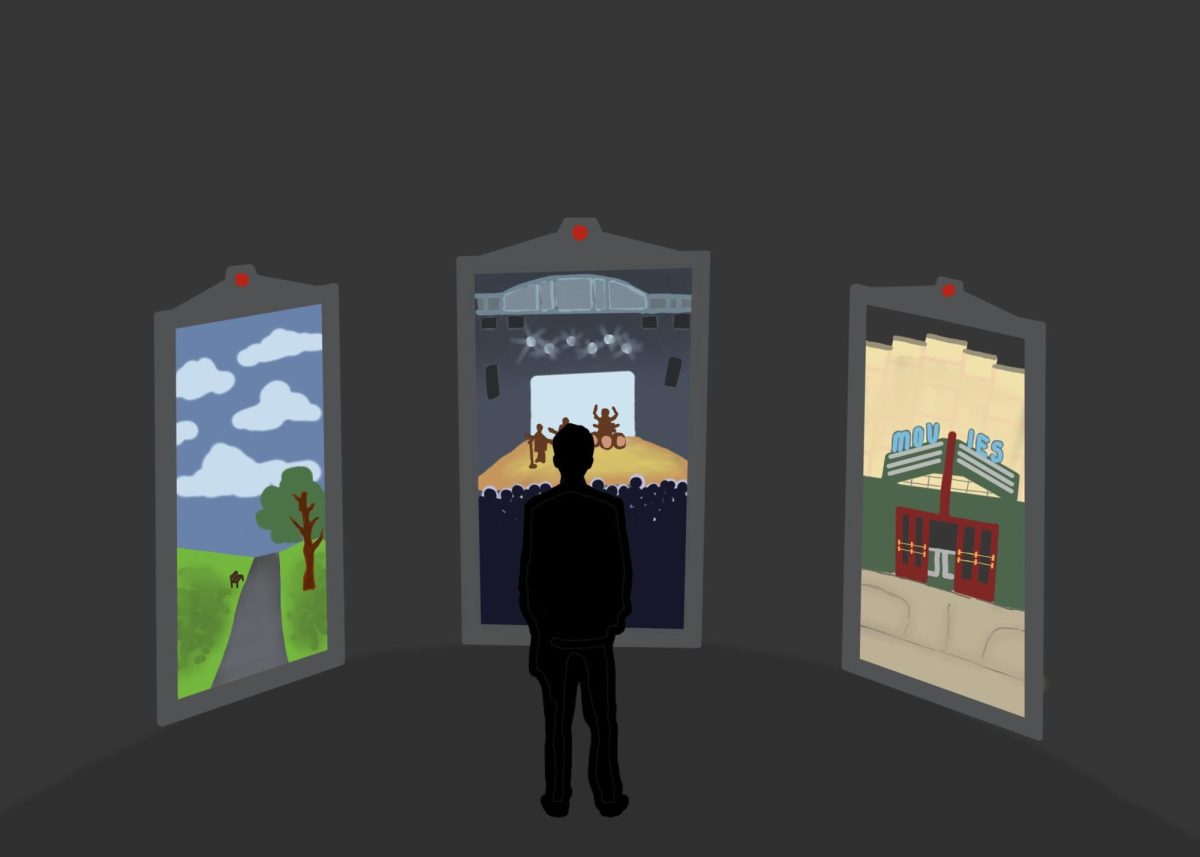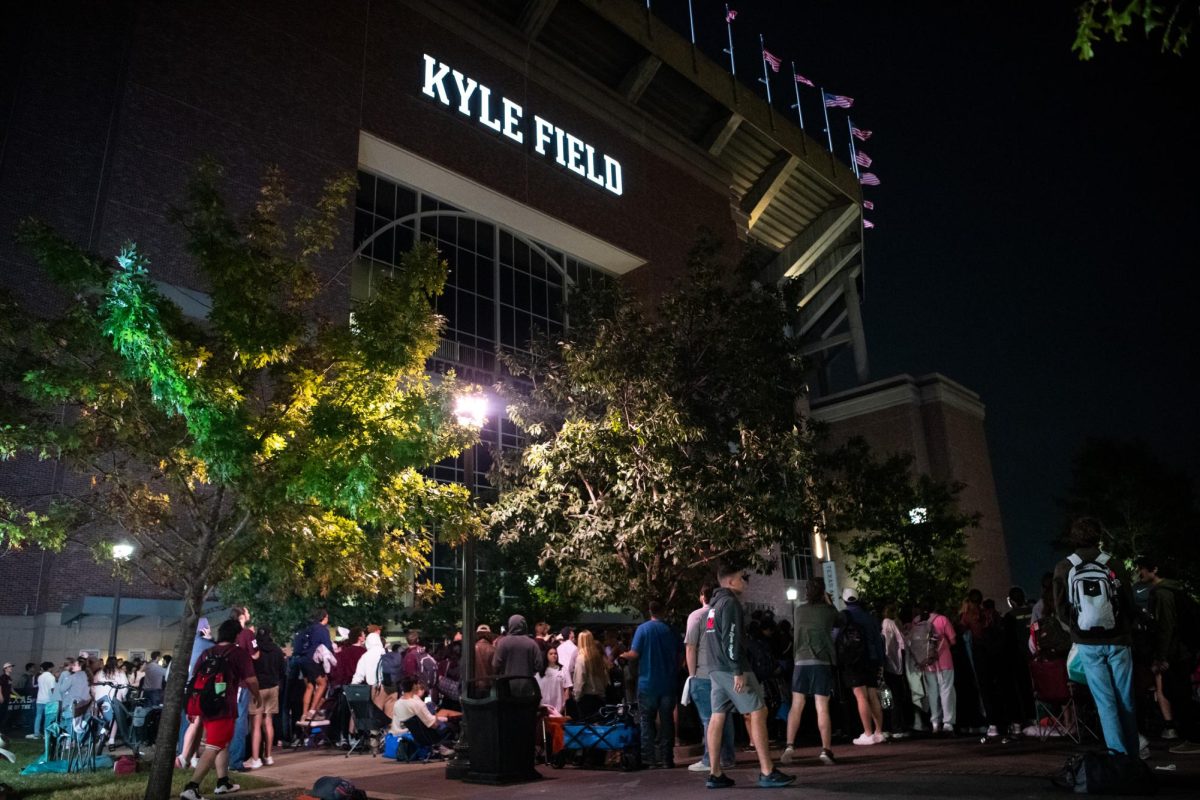I take pride in eating whatever I can get my hands on. I grab bananas from university-owned cafes, baked goods from a student-owned business and the best street tacos from local food trucks.
Bake sales really hate to see me coming. My personal maxim is “Here, take my money! Now give me two more cookies!”
I’m a girl who loves to eat, and all the better if I get to support small businesses and the local economy. You could call me an ethical big back.
I am grateful for being able to have food and groceries. It’s a privilege to be able to afford food with the money I make from working part-time, and even then, it’s absurd how much money is taken out of my paycheck.
I get to satisfy my hunger while being on-campus from 8 a.m. to 5 p.m., but not all students can say the same. Many students — more than we might think — aren’t eating. In fact, many of them face food insecurity.
According to a research study conducted by the Division of Student Affairs, 7% to 19% of students reported some form of food insecurity due to finances in 2021. Around 25% of Hispanic undergraduates and 29% of Black undergraduates reported that they could not afford to eat balanced meals. On a broader scale, food insecurity among U.S. college students is about double the national rate of 15%.
Getting a proper meal — in this economy? Who cares, I have student loans to pay. Buying eggs at HEB? It exceeds my budget. On top of an already pricey meal plan and Chick-fil-A charging $13-plus for meals, no wonder it feels like we’re being robbed in broad daylight.
And when did healthy food become a luxury; is health exclusive now, too?
If you exercise and lose some weight, you can eat. If you pay up, only then can you eat. But why? I have yet to hear a good answer. This culture of exclusivity is a reaction to the decrepit state of food prices. It promotes this perverse attitude towards “earning” the right to eat.
A culture primarily focused on the principle of economic agility is one that is entirely comfortable with and intended for letting people starve.
College students from all walks of life are affected. The U.S. Government Accountability Office confirms that 30% of college students face food insecurity, resulting from a multitude of factors, such as the increasing cost of tuition, which has risen 168% since 1980.
Food inflation is also particularly disastrous this year. According to the Bureau of Labor Statistics, in February US food prices rose 2.6% year-over-year.
And the hurdles on the path to food security are only getting higher. The current administration’s rescinding of federal assistance weakens all kinds of university programs.
Despite food prices skyrocketing and us all feeling broke as hell, there will be a cultural retrograde where we’ll reflect on what we should really be valuing.
Every time you’re serving or being served a meal, it can be an act of pure kindness. This is simply because you have to eat. There is usually no other ulterior motive to eating. Fulfilling hunger is treating humans as ends themselves — one that puts humans above money, status and difference.
Treating people with human dignity builds community — something we lose if we treat students solely as consumers in a market. Treating people as worthy of having a seat at the table is how we build a better society — because they deserve it.
What we get wrong is that deservingness isn’t determined by one’s ability to pay — simply being human is our criterion.
Don’t get sucked into the politics of deciding who gets to eat — eating is wonderful and should be shared. There’s no mental gymnastics needed, only a moral compass and ethical attitudes.
I know this all may seem idealistic, but that’s the point. We should imagine what a decent, good meal would taste like before reverting to all the reasons why you can’t fulfill your desire to eat because it’s inaccessible. Our morals cannot be replaced by dogmatic laissez-faire economics.
The free market is highly unstable now, partially because it doesn’t make enough of an effort to sustain the health of workers, students and so on. In other words, it is cannibalistic — it devours itself from the inside when it stops caring about feeding people.
Texas A&M needs to put its money where its mouth is — literally — and eliminate student hunger, perhaps through lowering the cost of meal plans or making food on campus more affordable. How come Texas A&M can have the newest, latest research facilities, plans for an underground transportation system and even figure out a way to maneuver around free speech, all before seriously securing the fundamental right to food for students?
Students in the past have been ushering in solutions of their own. For instance, First Year Eats, a new program that seeks to provide Crockpot meals to students who qualify as First Year Learning Community Students, and The 12th Can, a student-led food pantry that assists students in need — all of which are threatened by massive federal budget cuts.
Food security is not a radical idea, but we must claim it as a universal right — and we start with social change. All students should feel comfortable with claiming they are hungry without feeling like a financial burden. Pay it forward for someone else or donate extra cans of food, anything. Let’s all be a little more big-backed about this.
Sidney Uy is a dual philosophy & sociology sophomore and opinion writer for The Battalion.










